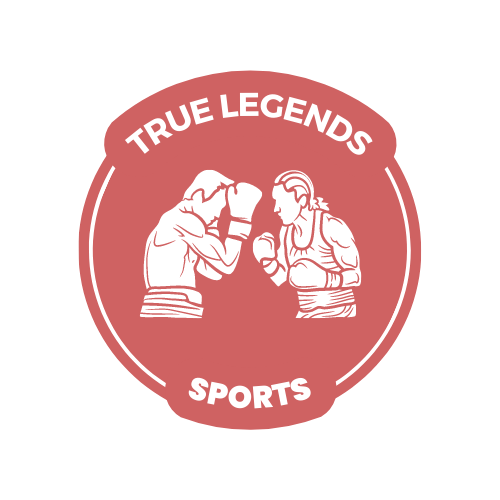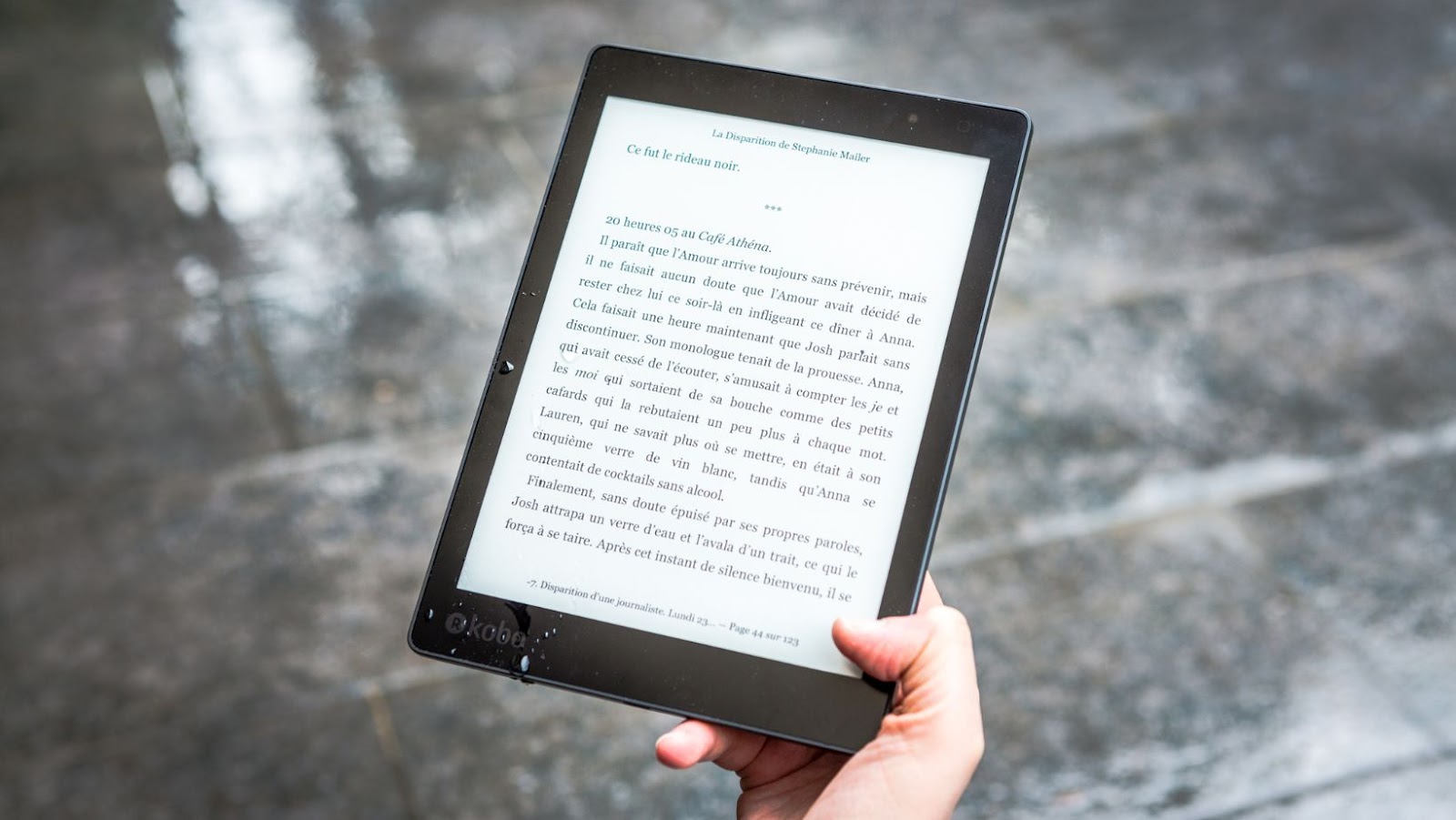Overview of Feedly
Feedly is a popular web-based RSS reader designed to help users stay on top of the news from all their favorite websites. It allows you to collect, organize, and read content from multiple sources in one central place. The app supports both mobile (iOS, Android) and desktop versions.
When you first set up Feedly, you’ll be asked to add your favorite websites or topics and then the app will scan these sources daily for new content. The main view of Feedly displays a list of all your subscribed topics in an organized way that lets you quickly skim headlines and determine which items are worth reading further into. There are also options to quickly jump to related topics or filter out any irrelevant information that comes through.
The key features of Feedly can be broken down into five different areas: Discover, Curate, Compare, Recommend, and Monitor. Discover helps find new websites or topics by searching keywords on the internet; Curate organizes your list of sources for easy navigation; Compare helps you identify breaking news quicker; Recommend shares stories with friends via email or social media; and Monitor allows tracking behavior and trends over time with analytics data.
Overview of Pocket
Pocket is a platform designed to store and share content that you wish to access in the future. It is a content curation tool that allows you to save articles, videos, and other online content for later use.
It’s also an effective way of storing tagged items if you’re looking for something specific. With Pocket, users can easily save items from their web browser as well as connect their accounts to Twitter and Google Chrome for easy saving of online content.
In addition, Pocket users have full access to its vast library of stories, allowing them to track news in their chosen categories or topics that interest them. There are separate ways of discovering stories through Pocket including personalized daily picks, top stories from leading publications, and trending topics based on user engagement data.
Furthermore, this app allows users to curate feeds by creating tags or sorting saved content into folders with tags as well as create highlights inside each article which can be exported or shared with others quickly and easily.
Features Comparison
While both Feedly and Pocket are useful news reader apps, there are a few major differences between the two that make one better suited than the other for certain tasks. Let’s look at some of the features offered by each app and compare their advantages to determine which one is better.
Features Comparison: Feedly offers its users with a wide range of features such as RSS feeds, categorization of topics, integration with third-party services like Evernote and Dropbox, personalized recommendations, social sharing functions and more. On the other hand, Pocket is a dedicated reading app that focuses on bookmarking articles and offering easy access to them within its own platform. It provides features such as text-to-speech conversion capabilities, keyword search and multiple device syncing options.
Advantages: Feedly has the edge when it comes to categorizing topics and organizing content. The extensive sorting feature makes it easy for users to find specific articles quickly from its extensive database. In addition to this, Feedly also integrates with other services like Evernote and Dropbox allowing for enhanced productivity among users for storing saved items in pocket or other locations. Similarly Pocket too has numerous advantages such as being able to access bookmarked items offline even without network connection through text-to-speech feature which allows saving time in comparison to manual viewing of content online. It also allows more efficient multitasking as contents from multiple sources can be easily accessed on different devices simultaneously via pocket’s multiple device synchronization capabilities .
Pros and Cons of Feedly
Feedly is an online RSS reader that helps users keep track of news and other updates on the internet. This freemium web-based service conveniently aggregates news from websites and blogs into a single place, where users can customize the way they view their information. Feedly also comes with useful features, such as keyword-based searches, date filtering, and integration with Google Reader.
Pros:
– Feedly has an intuitive interface that makes it easy to find and follow new publications.
– Feedly is available on numerous platforms such as web browsers, mobiles apps, and even desktop programs. It can be used from just about anywhere with access to the internet.
– It supports both RSS feeds and Twitter profiles to get content from multiple sources simultaneously for even more comprehensive news coverage.
– Feedly supports multiple accounts so that users can access separate accounts for business or personal use on the same browser instance or app installation.
– It supports keyword searches which make it easy for users to find articles quickly containing keywords of interest to them.
– It is free though premium versions are available with additional features such as content curation options; bulk archiving; integration with other services like Trello or Pocket; enhanced security; priority customer support; etcetera.
Cons:
– Its streaming feature may consume more data while browsing than using a dedicated app like Twitter or Google Reader would do
– Proper tagging of content may further help categorize user preferences better but can be a tedious process for those who don’t have time or patience to tag each article manually each time.
Pros and Cons of Pocket
Pocket is a great service for readers who are looking for a simple and easy-to-use way to store articles, text, and audio. It supports virtually all web-based news sources, from major news websites to individual RSS feeds.
Pros: Pocket is simple to use, with a clean interface that allows readers to store their content quickly and easily. It offers some helpful sorting and tagging options as well, making it easier to find what you need when you need it. Additionally, Pocket can be used in conjunction with popular apps such as Twitter and Evernote.
Cons: Some features that advanced readers may want are not available in Pocket, such as the ability to subscribe or customize feed sources. Additionally, there is no support for videos or image collages within an article view; they must be opened separately in the browser window or app. Finally, Pocket does not offer any editorial content or recommendations – users are limited to what they search for themselves or add manually.
Final Verdict
When it comes to the ultimate decision of which is the better news reader, Feedly and Pocket both have their unique strengths. For users who are looking for the most comprehensive and organized way to save, access, and curate content across platforms, Feedly may be the best option. It offers more tools for creating reading lists and is better at identifying content trends.
Pocket, on the other hand, is geared towards simplified storage of interesting topics and articles. Its read-later feature allows users to save content easily and open them up anytime through a variety of devices. It can work with any existing RSS reader or Twitter account, giving it an edge in terms of compatibility over competitors.
Feedly or Pocket can each work well for different types of readers depending on what their respective needs are. Ultimately, choosing between these two reader services depends on your individual preferences as a user and how you want to consume your news.
Conclusion
It all comes down to the user’s preferences and needs. For those who are short on time and want to quickly read through the most essential bits of information, Pocket would be a good choice. For those who want an all-encompassing news experience, including enjoying content offline and being able to save articles to read later, Feedly is a great option.
The user interface of Pocket is geared more towards condensed information while Feedly’s UI caters more towards longer stories that require additional context.
At the end of the day, both are excellent news readers with their own set of pros and cons. It ultimately comes down to personal preference as far as which one suits your lifestyle better, so make sure to check out both services before deciding which one is right for you.




No Comment! Be the first one.